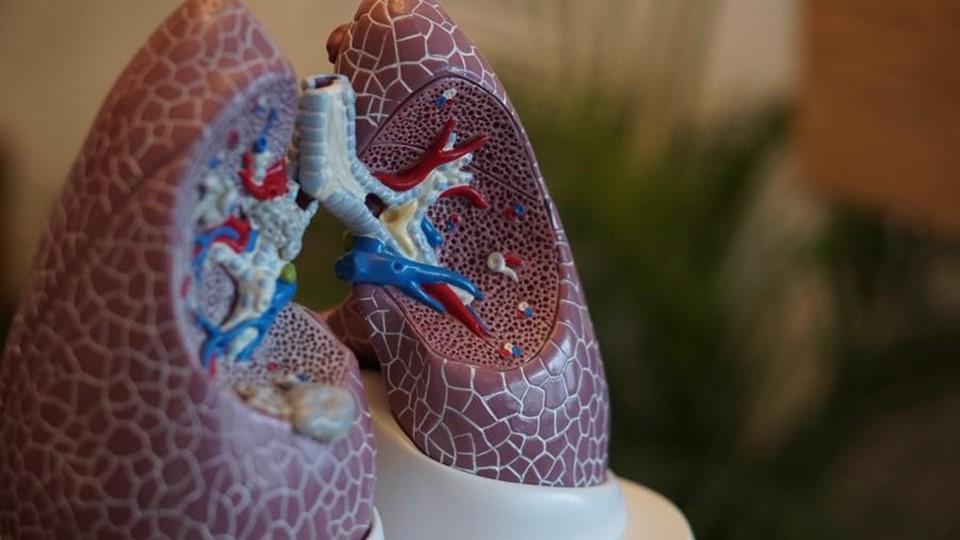Dupixent nears EU approval for COPD, as FDA delays

Sanofi and Regeneron’s immunology juggernaut Dupixent is on the brink of another big new indication after it was recommended by the EMA’s human medicines committee for chronic obstructive pulmonary disease (COPD).
The CHMP’s positive opinion sets up Dupixent (dupilumab) to become the first biologic therapy for COPD in the EU and the first new treatment approach for the disease in over a decade.
Approval by the European Commission generally follows a few weeks after a CHMP decision, and that situation contrasts with the US, where the FDA has just delayed the timeline for its verdict on the COPD indication from 27th June to 27th September.
That isn’t a complete surprise, as Regeneron has revealed in its first-quarter results update that it had been asked to file additional efficacy data on the indication to the FDA, but – with that in mind – the positive CHMP conclusion will come as something of a relief.
Its opinion covers the use of the IL-4 and IL-13 inhibitor as an add-on to standard maintenance therapy for adults with COPD, characterised by an increase in eosinophils, a group that is estimated to account for around a third of all patients with the disease.
COPD is the third leading cause of death worldwide, killing more than three million people in 2019, according to World Health Organization (WHO) estimates. The massive numbers with the disease have led some analysts to predict that Dupixent could see sales of $3.5 billion from that indication alone.
Dupixent is already a massive seller, with turnover of $12 billion last year from its current use in other diseases like atopic dermatitis and severe asthma, and COPD could help drive it to $20 billion by the end of the decade, when it will approach the end of its patent life.
In the phase 3 NOTUS and BOREAS trials, Dupixent reduced the rate of exacerbations or attacks by around a third compared to placebo when added to standard therapies like bronchodilators, inhaled or oral corticosteroids to reduce inflammation in the lungs, and mucolytics to reduce phlegm.
Sanofi and Regeneron, meanwhile, have other irons in the COPD fire, notably itepekimab, an antibody that inhibits IL-33 that could be used in a broader spectrum of patients. It is in two phase 3 studies – AERIFY-1 and AERIFY-2 – that are due to report results next year.
Photo by Robina Weermeijer on Unsplash













